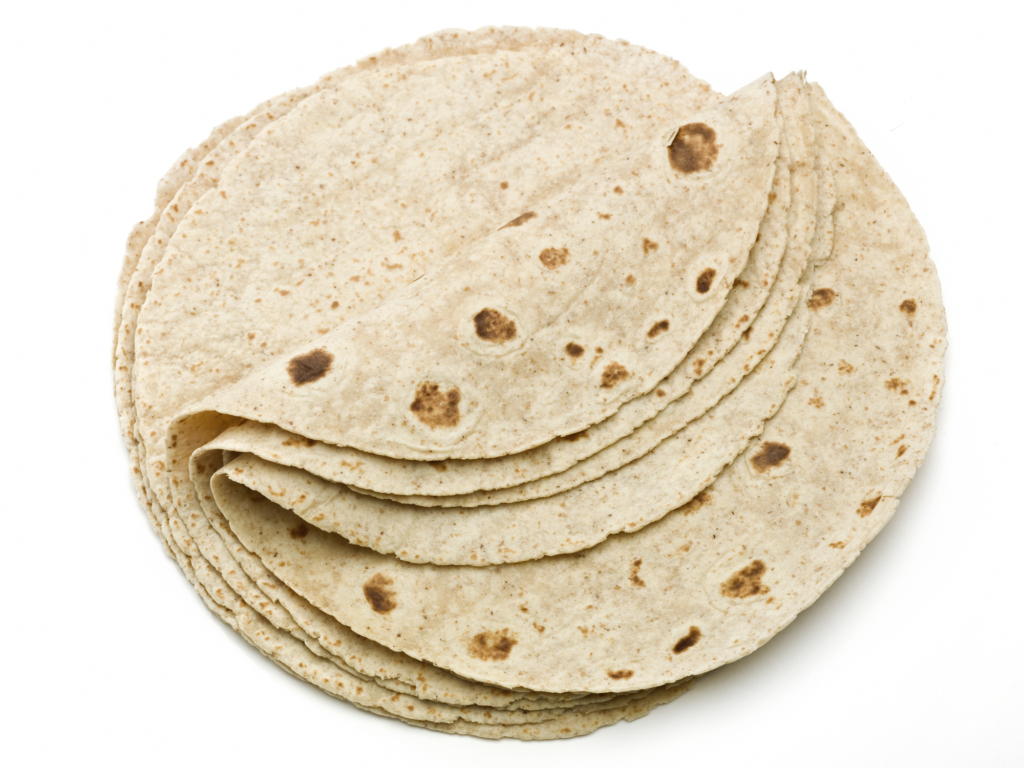Olé Mexican Foods founder Veronica Moreno has produced “Authentic Mexican Tortillas since 1988” in Georgia. The packaging of the tortillas uses a Mexican flag and touts authentic Mexican ingredients, and the package says that the tortillas use a recipe passed down through generations from Mexico. Juan De Dios Rodriguez brought a class action claim in Los Angeles federal court, alleging misrepresentation of source under California’s Consumers Legal Remedies Act, False Advertising Law, and Unfair Competition Law, as well as warranty claims. Rodriguez alleged that taglines and representations made on the Olé packaging, including Spanish phrases and the underlined word “Authentic,” led “reasonable consumers” to believe that the tortillas were a product of Mexico. Olé filed a motion to dismiss, arguing that a “reasonable consumer” would not be misled. And so another origins food fight begins.
Defendant Says!
Olé provided an overview of recent cases about the origins of food products in support of its motion to dismiss, seeking to prove that “reasonable consumers” would not assume that the product was made in Mexico. It further argued that the phrase “Made in the USA” on the back of its packaging made clear that the tortillas were not made in Mexico, that the flags were purely evocative of Mexican cuisine and culture, and that the phrase “taste of” did not imply geographical origin. The district court denied Olé’s motion to dismiss.
Is Context Everything?
While “Made in The USA” is on the back of the packaging, Rodriguez argued that a “reasonable consumer” would not be expected to turn a package around to see where it was made, when the Spanish language, Mexican flag, and the word “Authentic” (with emphasis) were on the front of the package. Rodriguez relied on several recent cases about the origins of other food products to show that a statement of geographic origin on the back of the packaging was insufficient to prevent the packaging from misleading consumers, if implied cultural associations are made on the front. These include language, founding date, and authenticity.
Olé countered with a case in which the prominent marketing statements “Taste of Jamaica” and “brewed in a Jamaican style” were decided to be “vague and meaningless.” Olé argued that its packaging and marketing implied that the tortillas were made in a “style” that is authentic, and reasonable consumers would not assume that they are made in Mexico.
Court Says!
The court found the “Jamaican style” case, and other cases presented by Olé, unpersuasive or different enough to not apply. Considering the context of the label as a whole, the court wrote that the effect of the disclosures couldn’t be determined with the information presented in Olé’s motion to dismiss, and denied that motion.
As this case shows, even a clear disclosure on a label is not necessarily enough to end a case before extensive—and expensive—discovery is underway. The best way to be prepared when making any advertising or marketing claim is to have your claims substantiated with an airtight consumer survey prior to publishing ads. We can help. Contact us to discuss your situation and your needs.
